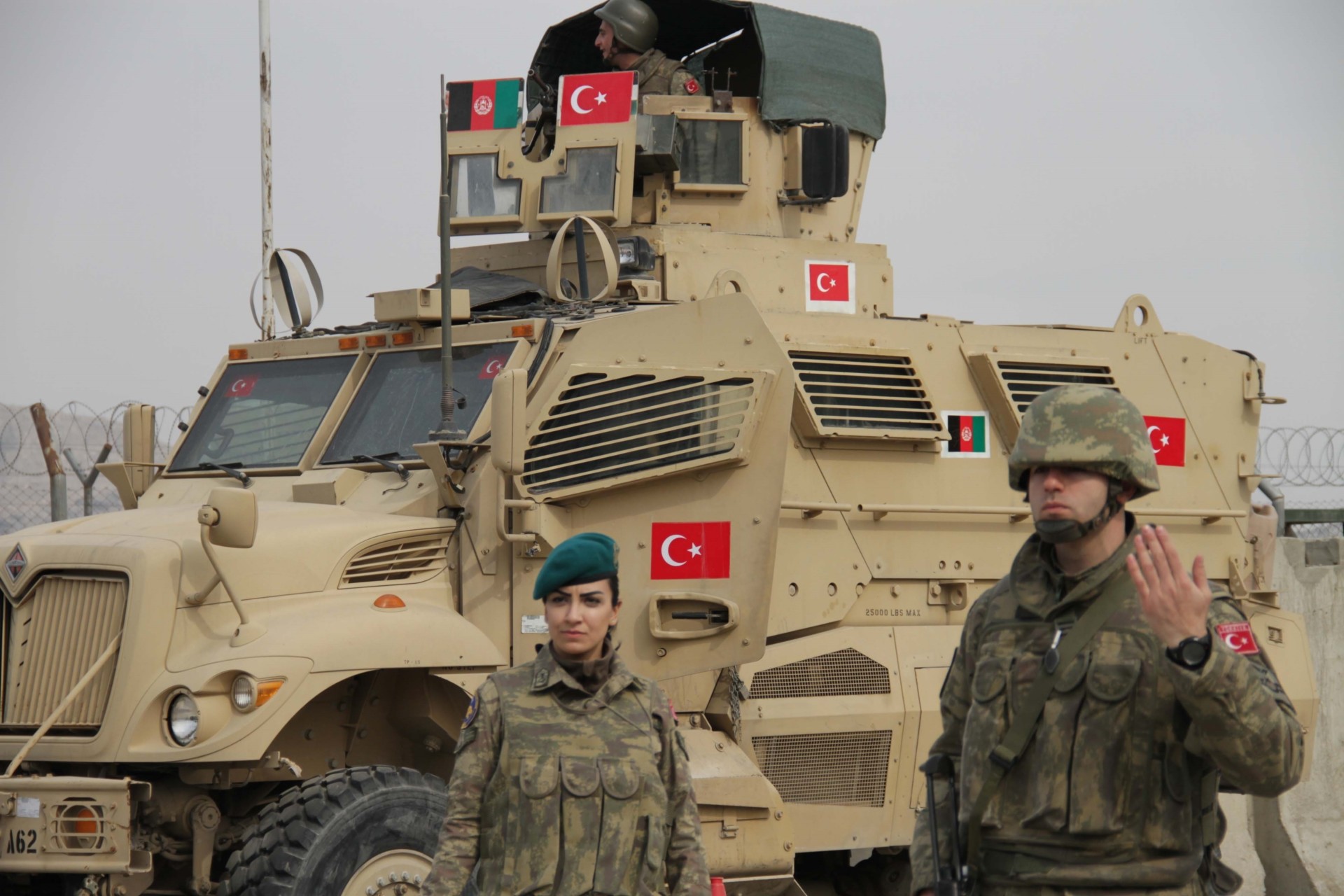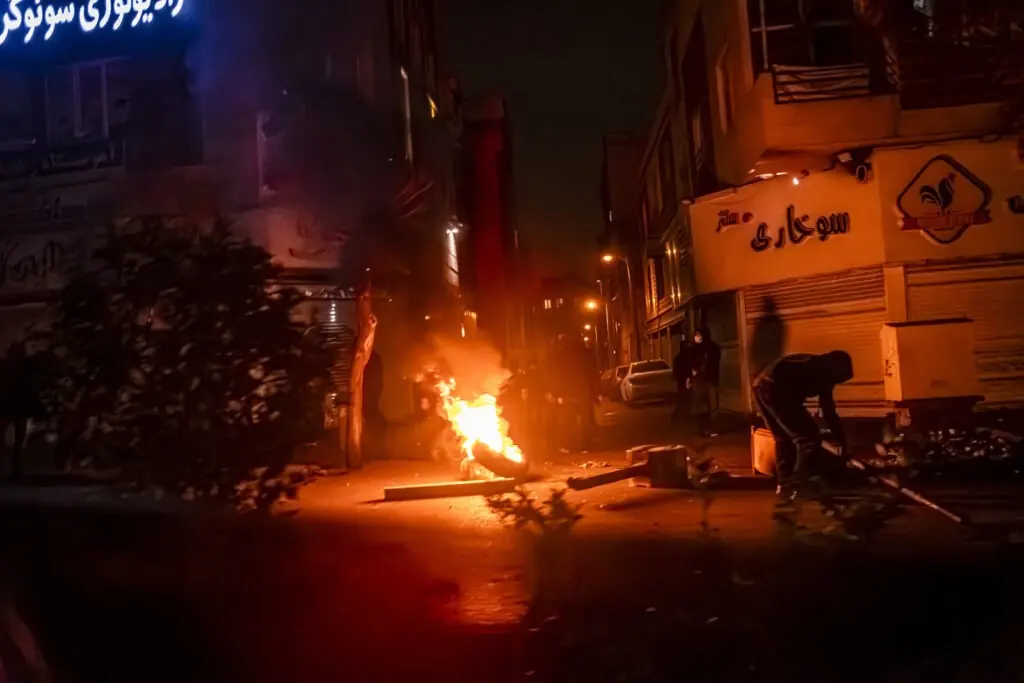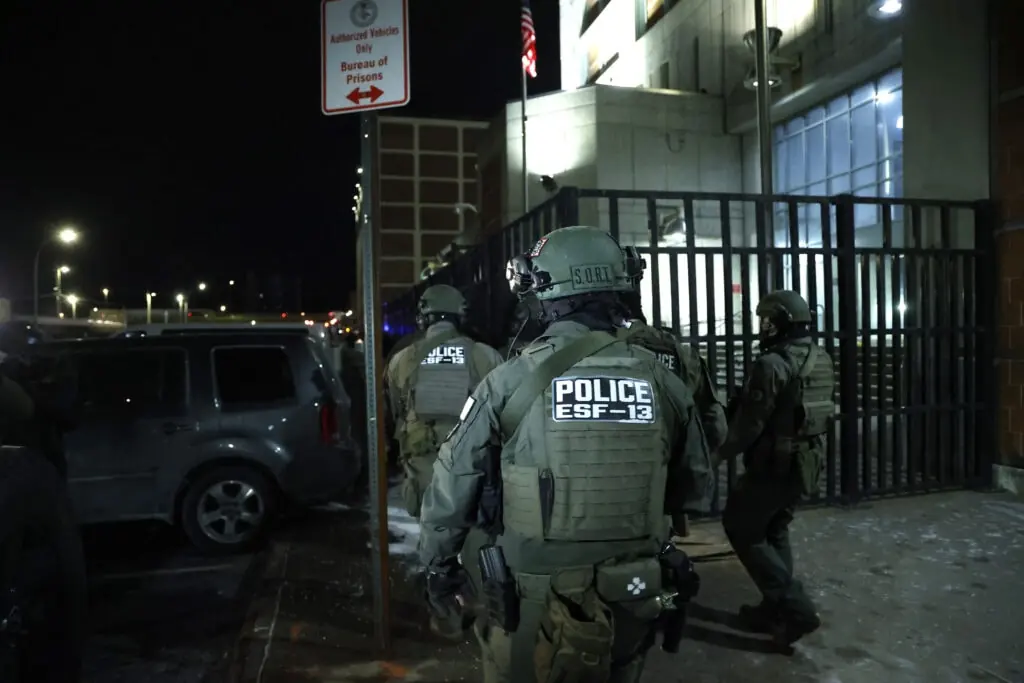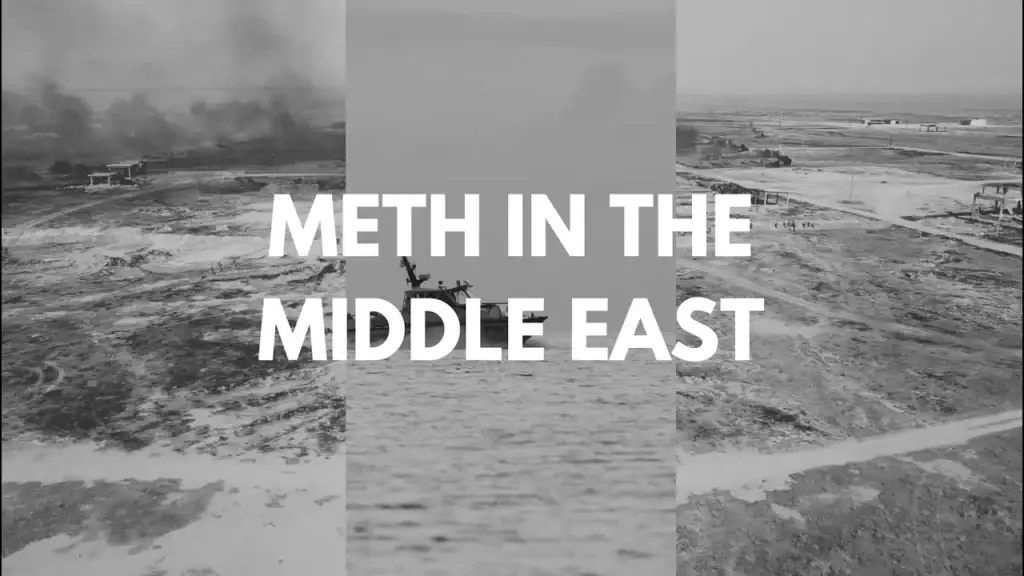
Turkey’s Transforming Political and Security Relationship with Afghanistan
As the United States withdraws from Afghanistan, Turkey has been engaging with both the Afghan government and the Taliban. In an Aug. 11 phone conversation, President Recep Tayyip Erdoğan told his Afghan counterpart, Ashraf Ghani, that his government would continue to support the Afghan people so they can achieve peace and stability, Anadolu Agency reported. The same day, Erdoğan told CNN Turk that he might meet the leader of the Taliban for peace talks.
Erdoğan’s moves come as Taliban insurgents are taking advantage of the withdrawal of U.S. forces from Afghanistan and have taken over 10 provincial capitals and commercial hubs. For the Afghan government to hold onto major population centers, the smooth functioning of key logistical hubs – in particular, Hamid Karzai International Airport in Kabul and its adjoining military base – remains critical.
Turkey has offered to secure and manage the airport after the departure of NATO troops, contingent upon U.S. financial and logistical support. This initiative faces multiple challenges but remains the only possible option for NATO to have a political and security presence in Afghanistan. Turkey’s move could allow it to strengthen its soft-power ties with Afghanistan while also repairing its relationship with the United States.
Turkish Links with Afghanistan
Turkish political elites have maintained historical ties with Afghan royalty and political power brokers. During the late Ottoman era, Istanbul sought the support of Afghan kings, initially against their political rivals in Tsarist Russia and afterward in opposition to the British Empire during World War I. In 1921, during the founding of the Turkish Republic, the countries initiated formal relations by signing an alliance treaty. Subsequently, Turkey provided Afghanistan with military and technical training and supported its educational programs. Bilateral ties remained cordial until the Soviet invasion of Afghanistan in 1979. For the next two decades, Turkish governments were not actively involved in the affairs of the country, and it was only in the late 1990s that Turkey renewed its engagement with Afghan political players, in particular Uzbek warlord Gen. Abdul Rashid Dostum, who fled to Turkey during the Taliban takeover of Afghanistan.
This Turkish engagement with Afghanistan took a radical turn with the post-9/11 NATO-led military campaign to remove the Taliban from power. Turkish troops were part of the NATO mission from the start, but they only participated in non-combat missions. Since then, Turkey has been involved in training Afghan security forces and providing logistical support to other NATO partners. Turkish reconstruction teams have worked in the provinces of Wardak and Jawzjan, building schools and hospitals and restoring roads and bridges. Turkish linkages have been particularly strong with the ethnic Turkic, Uzbek and Turkmen communities of northern Afghanistan.
Turkish policy to stay away from military operations and support Afghan nation-building enterprises has enhanced its goodwill with ordinary Afghans. This is one of the reasons that unlike other NATO troops, the Turkish contingent in Afghanistan has rarely been attacked by any side. Turkey has also attempted be a political mediator in the Afghan conflict by hosting and partnering in the Heart of Asia – Istanbul Process, a platform that brings together regional and global players to coordinate reconciliation efforts.
Securing the Kabul Airport
The Turkish proposal to secure and operate the Kabul airport is influenced by both this historical backdrop and current politics, amid particularly fraying U.S.-Turkish relations. In its dealings with the Biden administration, Turkey has found itself sidelined and its political sensitivities ignored. The current strategic vacuum in Afghanistan gives Turkey a perfect opportunity to not only politically rehabilitate ties with the U.S. but also to accrue some concessions, particularly with regard to the sanctioning of the Turkish Presidency of Defense Industries (also known as SSB, an acronym for its Turkish name, Savunma Sanayii Başkanlığı) under the Countering America’s Adversaries Through Sanctions Act, or CAATSA.
A greater Turkish role in Afghanistan would also allow Ankara to expand its soft power in the country. Turkey would become the most important foreign military actor in Afghanistan and a key political patron of the traditional leaders of country’s Turkic minorities, thus furthering its geopolitical and economic linkages with the largely Turkic nations in Central Asia.
However, this proposed Turkish role for Kabul airport’s security is rife with political and security challenges and depicts a relative disconnect with the geostrategic calculus of regional and local political actors. The first challenge is from the Taliban. The Turkish presence at the airport, an important logistics hub, is a lifeline for the Kabul government that would give it a greater chance of holding onto the country’s urban centers and key provincial capitals in the face of Taliban encroachment. The Taliban has made statements declaring Turkey to be a “great Islamic country” with which it wants to maintain amicable ties – but warning that Turkey choosing to extend its military stay in Afghanistan will be viewed as occupation of Afghan land and will necessitate “jihad” against Turkish troops. The Taliban have also been averse to Turkey’s relationship with Dostum, whom they blame for a 2001 massacre of Taliban prisoners.
Turkey does maintain ties with Pashtun Islamist leader Gulbuddin Hekmatyar, but his political stature has weakened considerably, and he thus is unlikely to play a large role in facilitating this Turkish project or to possibly act as a mediator to convince the Taliban to accept Turkey’s continued presence in the country. Turkey could try to use its good offices with Qatar to engage with Taliban, but Qatar may find itself in the Taliban’s crosshairs if the U.S. continues its anti-Taliban aerial operations from Al-Udeid airbase near Doha.
The Turkish proposal to partner with Pakistan in order to secure the airport also has run into complications. Undoubtedly, Turkey and Pakistan boast strong strategic ties and have an increasingly aligned political outlook on the global stage. It can be argued that Pakistan’s inclusion in such a security mission could dissuade the Taliban from mounting attacks on the airport, but it is highly unlikely that the current Afghan government that continues to blame Pakistan for creating instability in the country through its support for Taliban would acquiesce to such an arrangement. The Pakistani government will be extremely reluctant to send troops to Kabul, as such a move will be highly unpopular at home and will also put it at odds with the Taliban. Thus, the Turkish initiative could be an obstacle to Pakistan’s strategic goals.
If Turkey is able to move ahead with its plan to secure the airport, it will necessitate Ankara becoming an active and partisan player in the wider conflict. In such a situation, the Taliban may attack Turkish troops and facilities, compelling Turkey to finally engage in kinetic operations against the insurgency, deepening its military involvement in Afghanistan, and raising the domestic political stakes for Erdoğan even further. Such an escalation will significantly damage the hard-earned Turkish goodwill among Afghans and may suck Ankara into Afghanistan’s perennial conflict. This may also force Ankara to employ Syrian mercenaries, as it has done in both the Libyan and Azerbaijani theaters, though it is difficult to envisage any international acceptability for deploying mercenaries, and they likely would have limited utility.
Diplomatic and security engagement between Ankara, Washington, Islamabad, and Doha has escalated recently in a bid to convince the Taliban to agree upon this new Turkish role in Kabul. As the Taliban gain more ground, they will negotiate from a position of strength with Turkey that may involve demands to end Turkish political patronage for Dostum.
Erdoğan has never been reluctant to play a high-stakes political game. In 2011, Turkey moved into Somalia during its devastating famine, at a time when the international community had largely left the country on its own. This move eventually paid off, earning it massive global goodwill and political and economic influence in the Horn of Africa. Turkey’s possible venture in Kabul could ultimately help Ankara regain lost political capital with Washington and could thus ease some of the country’s economic woes. The Turkish plan is a good option for Washington to retain on-the-ground influence as it completes its military withdrawal from Afghanistan.
The views expressed in this article are those of the author and not an official policy or position of the New Lines Institute.




